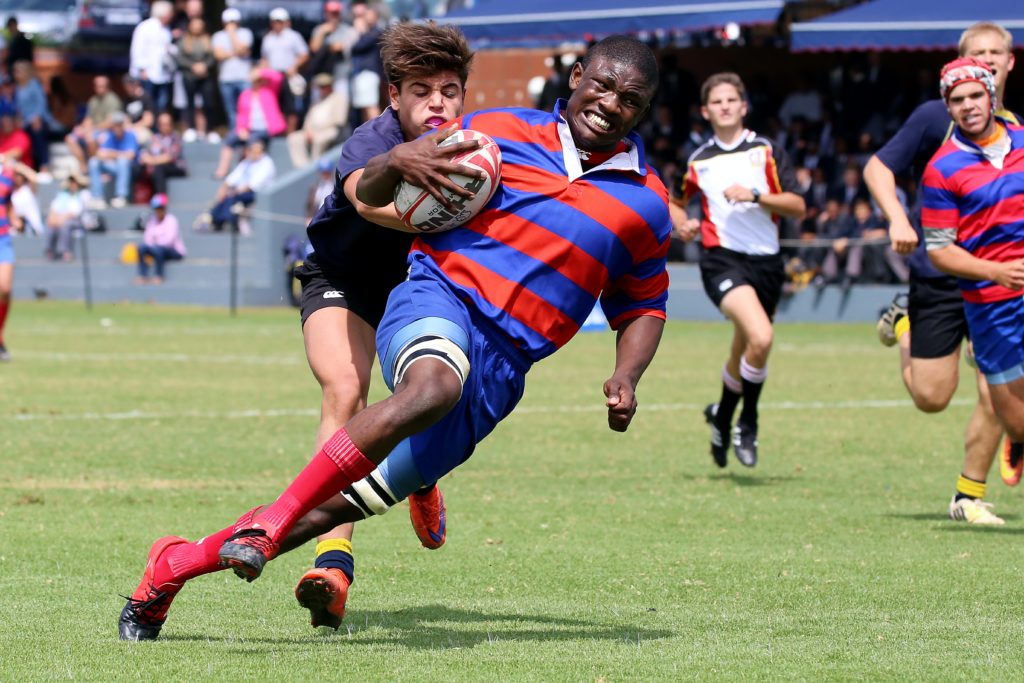
Rugby, played by over 6 million people worldwide, is now considered the United States’ fastest growing sport. Commonly compared to football, Sir Winston Churchill called it “a hooligans game played by gentlemen.”
The goal of rugby is to carry the ball over the opponent’s goal line and force it to the ground in order to score a point. It is a full contact sport with 15 players on each team. A mouth guard is essential protection, but headgear is optional. Rugby headgear is called a scrum cap and is used to protect the players’ ears in the scrum, similar to the line of scrimmage in football.
As the headgear is not particularly efficient at protecting the head, concussions are a topic of concern and interest in the rugby population. Although “cheek to cheek” (face cheek to glutes) tackling is taught to avoid head injuries – poor training, poor education, and transplants from other sports, lend themselves to concussions being responsible for 25% of all Rugby injuries.
Concussions are a traumatic brain injury that can occur without loss of consciousness. Although most players can recover with physical and mental rest, recurrent concussions can lead to further brain injury with slower recovery and long-term negative effects. Although symptoms of concussion can be present at any time, most become evident within the first 24-48 hours. It is imperative to know the signs and symptoms of concussion in order to take the proper steps for rest and recovery and to prevent further injury.
Signs and symptoms of concussion include:
- Headache
- Dizziness
- Mental confusion
- Visual disturbances
- Nausea/Vomiting
- Fatigue
- “Pressure in head”
- Sensitivity to light or noise
- Seizures
- Loss of consciousness
- Balance problems or unsteadiness on feet
- Disoriented
You may also see the athlete lying motionless on the ground or grabbing/clutching his/her head.
If any of these signs and symptoms are present, or if a concussion is suspected, the athlete should rest until they are asymptomatic. Concussion protocols are available per sport and sporting administration. The Rugby Concussion protocol can be found at https://www.usa.rugby/membership/concussions.
As the sport grows, it is important to have an understanding of common injuries that we may see on and off the field. A recent episode of the In Your Corner with CORA podcast presented a discussion about rugby, led by Dr. Richard Lehman. Dr. Lehman hosted the panel of sports professionals with experience both playing as well as treating or coaching rugby athletes.
- Dr. Richard Lehman, Director of U.S. Center for Sports Medicine + CEO LehmanHealth
- Dr. Michael Casey, MD, Board Certified Orthopedic Surgeon (Knoxville, TN)
- James Allison, DPT, Senior Clinic Manager (Cleveland, TN)
- Sean Rooker, former Rugby player and coach
They discussed common injuries and rugby basics for those wanting to learn more about the sport: https://open.spotify.com/episode/32BioJ3KTDTKmk0mUkdxdH.
CORA is in your corner with experienced partners, larger networks, and the resources available to deliver exceptional care to you — and uniquely for you. Whether you’re interested in a movement screening, concussion screen, or learning more about a particular sport – Watch, listen, and enjoy!
